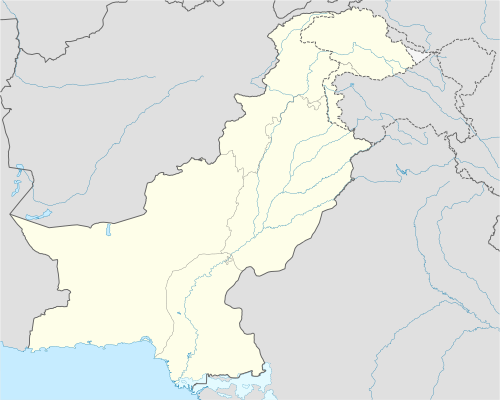| 2008 Parachinar bombing | |
|---|---|
| Location | Parachinar, Pakistan |
| Date | 16 February 2008 |
| Target | Riaz Shah, Political Rally |
Attack type | Car Suicide attack |
| Deaths | 70 [1] |
| Injured | 150 [1] |
In the Parachinar bombing of 16 February 2008, a suicide bomber in Parachinar, Pakistan killed 70 people and injured 110 attending a political rally for the opposition Pakistan Peoples Party. [2] The attack occurred on the eve of the 2008 Pakistani general election to be held on 18 February when an explosives-laden car was rammed into the election office of an independent candidate in Parachinar. The attack targeted people in a rally outside Riaz Shah's campaign office. [3]
Contents
A suicide attacker struck his car full of explosive and petrol gallon in Eidgah Market area, an entrance point in Parachinar. 43 Persons died at the spot, including the suicide bomber, while more than 200 people were injured. According to eyewitnesses, 7 shops of the market located near the blast site were destroyed completely which reflects the intensity of the blast. The blast also damaged electricity wires which suspended the electricity in the city. This blast was carried out just 10 meters away from the location of the 2007 Parachinar bombing. [4]
The attack on the rally came as Riaz Shah launched a final push for votes before a midnight deadline after which all rallies were banned until after the election. The bombing was believed to be motivated by sectarianism, as the majority of the area's residents are Shia Muslims. [5]
